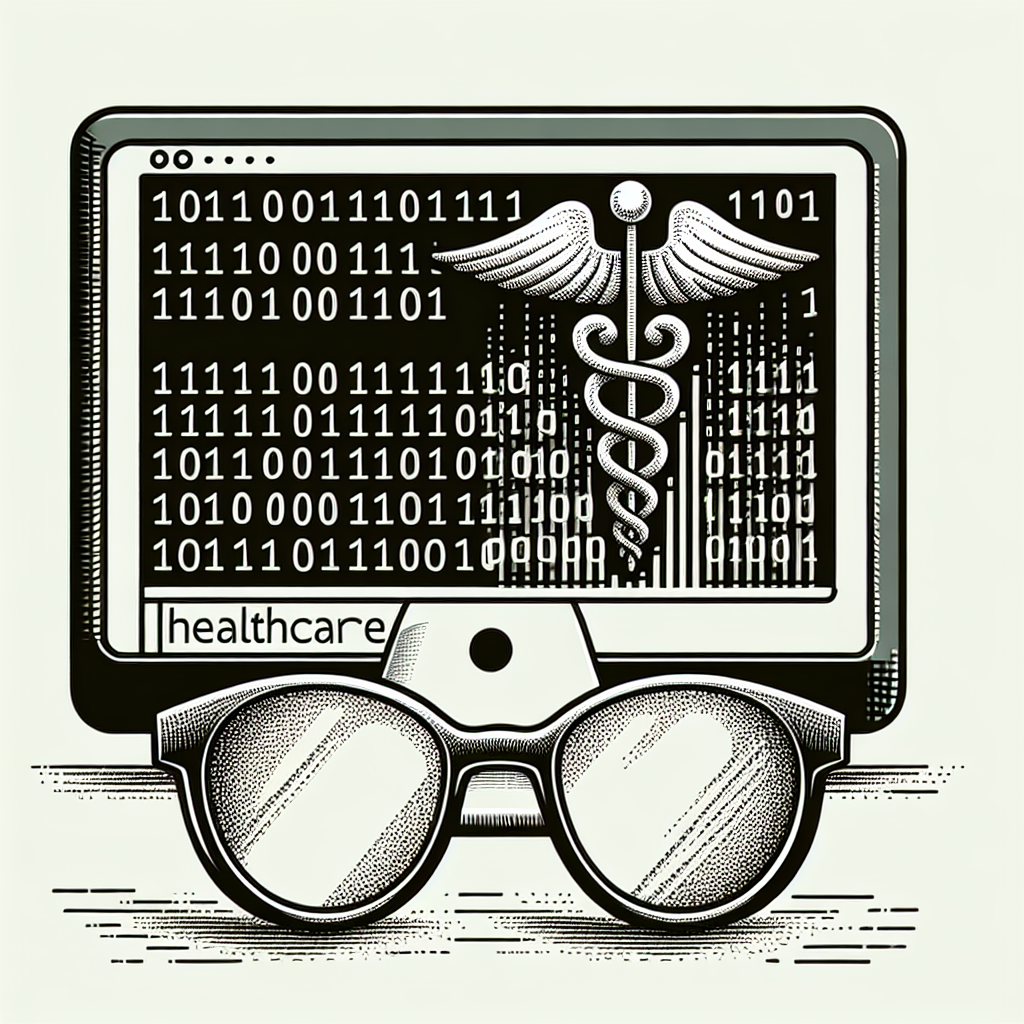The Ethics of AI in Health Data Privacy
In recent years, the use of artificial intelligence (AI) in healthcare has grown exponentially. AI has the potential to revolutionize the way we diagnose and treat diseases, improve patient outcomes, and reduce healthcare costs. However, with the increased use of AI in healthcare comes a number of ethical considerations, particularly when it comes to the privacy of health data.
Health data privacy is a critical issue that must be carefully considered when implementing AI in healthcare. Patients trust that their personal health information will be kept confidential and secure, and it is essential that healthcare providers and AI developers uphold this trust. In this article, we will explore the ethical implications of using AI in health data privacy and discuss some of the key considerations that must be taken into account.
Ethical Considerations in AI and Health Data Privacy
There are several ethical considerations that must be addressed when using AI in health data privacy. Some of the key considerations include:
1. Informed consent: Patients must be fully informed about how their health data will be used and shared when AI is involved. Informed consent is essential to ensuring that patients have control over their personal health information and understand the potential risks and benefits of sharing their data.
2. Data security: Health data is highly sensitive and must be protected from unauthorized access or misuse. AI developers and healthcare providers must implement robust security measures to prevent data breaches and ensure that patient information is kept confidential.
3. Transparency: AI algorithms can be complex and difficult to understand, making it challenging for patients to know how their data is being used. It is essential that AI developers are transparent about how their algorithms work and the potential implications for patient privacy.
4. Accountability: When AI is used in healthcare, it is essential that there is accountability for any breaches of patient privacy. Healthcare providers and AI developers must be held responsible for any misuse of health data and take steps to address any violations of patient privacy.
5. Equity: AI has the potential to improve healthcare outcomes for all patients, but there is a risk that certain populations may be disproportionately impacted by the use of AI. It is essential to consider issues of equity and ensure that AI is used in a way that promotes fairness and inclusivity in healthcare.
FAQs
Q: How is AI used in healthcare?
A: AI is used in healthcare for a variety of purposes, including diagnosing diseases, predicting patient outcomes, and personalizing treatment plans. AI algorithms can analyze large amounts of health data to identify patterns and trends that may be difficult for human clinicians to detect.
Q: What are some examples of AI in healthcare?
A: Some examples of AI in healthcare include using machine learning algorithms to analyze medical imaging scans, predicting patient readmissions to the hospital, and identifying patients at risk for developing chronic diseases. AI is also used in virtual health assistants and telemedicine platforms to improve patient access to care.
Q: How can patients protect their health data privacy when AI is involved?
A: Patients can protect their health data privacy by being informed about how their data will be used, asking questions about the security measures in place to protect their information, and exercising their right to opt out of sharing their data with AI algorithms if they have concerns about privacy.
Q: What are some ethical considerations when using AI in health data privacy?
A: Some ethical considerations when using AI in health data privacy include ensuring informed consent from patients, protecting data security, being transparent about how AI algorithms work, holding healthcare providers and AI developers accountable for breaches of privacy, and promoting equity in healthcare.
In conclusion, the use of AI in healthcare has the potential to revolutionize the way we deliver and receive medical care. However, it is essential that ethical considerations, particularly in the realm of health data privacy, are carefully considered and addressed. By prioritizing patient trust, transparency, and accountability, we can ensure that AI is used in a way that respects patient privacy and promotes ethical practices in healthcare.

